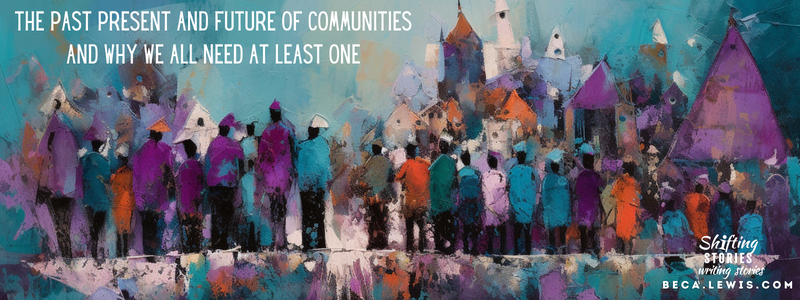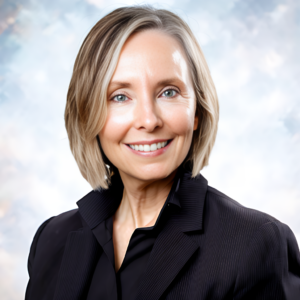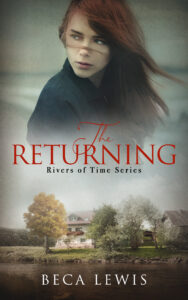
Image by Beca and Midjourney
In the 1970s, I lived in Venice, California. Even then, it was a weird and strange place, some of which I loved, and some of which I didn’t.
We lived only a block from the beach in a courtyard, which meant all the houses faced a common sidewalk. We knew our neighbors. Some of us had little kids, and they roamed freely from house to house.
Sometimes we’d discover their clothes on the sidewalk. No one cared.
Everyone watched out for each other.
Once, I got a call in the middle of the night asking if I knew that my nine-year-old son was riding his bike down the alley. I wasn’t.
Collecting him, I asked why. His answer was he wanted to see what it was like late at night. He was always exploring, but someone always let me know where he was. As I did with their children.
A few of us shared a common washing machine and dryer found on the back porch of the kind woman who lived in the middle of the block. Across from us was an empty lot, where we planted a garden and shared the food with the neighbors.
Almost every month, we had a block party. Everyone brought food. I still prepare favorite recipes from that time. The kids performed music and did little plays to entertain us.
So although I had to watch for what the kids would pick up from the sidewalk as we walked to the beach, it was a safe and warm place to live.
Why was that? We were a community.
Some of us were on the poor side. I taught dance lessons and sold art to make enough money to pay the rent. Sometimes I even sold our furniture. The few times we had a little extra money, I bought really good equipment. I still have a knife I bought back then.
But for the most part, we struggled. I made our clothes and used a wooden spoon as a refrigerator handle.
Still. I look back fondly on that time. For one reason. The community.
Tim Denning said, “Micro-communities are the future.” True. But they are also our past. Communities are how we have always survived and thrived.
When email was new (yes, I keep dating myself) I was at a conference in my then hometown of San Diego. A friend asked me if I thought the rise of computers and email would mean we no longer needed to get together.
I believed then, and now even more so, that technology would not move us apart from each other. It would move us closer. We would have to form small, medium, and large communities to remind us we are not working machines.
Yes, computer and phone screens can keep us separate. But when we take stock of ourselves, we all know that we yearn to be part of something bigger than ourselves. We need friends, family, communities.
As private as some of us are. As much as we may label ourselves as a loner, we still need community.
And the more diverse that community, the stronger it is. Although common goals may be what binds it together, it is the different ways of seeing the same things that expands it and makes it more useful.
Where I live now, it’s not a sidewalk between neighbors, it’s a street. We could still be a community, but we are not. Which is true for many of us.
Instead, we have to search out and find the people we want to learn with. Find who will support us when we need support, encourage us when we need encouragement, and keep our secrets until we feel safe enough to share.
After we moved away from Venice, running a dance company became my next community. And when that was over, I missed not being in a community so much I started and ran many masterminds.
Now I have a few communities. I think of my live courses as small micro-communities. Plus, I have two ongoing communities that keep me grounded and curious. Maybe one or two of these communities are something you are looking for, and I’d love to have you join us.
Or perhaps start your own. If you’re considering building or improving a community, I have an upcoming free 5-day course on how to do it..
Whatever you choose, be sure your community has each other’s best interest in mind, are kind to each other and the world, and remains open to all ideas while keeping a common intent.
If we are all viable members of communities like that, all will be well with the world.

 BECA LEWIS coaches, teaches, writes blogs and books, plays with art, and is addicted to reading. She lives in Ohio with her husband and has kids and grandkids scattered across the country.
BECA LEWIS coaches, teaches, writes blogs and books, plays with art, and is addicted to reading. She lives in Ohio with her husband and has kids and grandkids scattered across the country.






